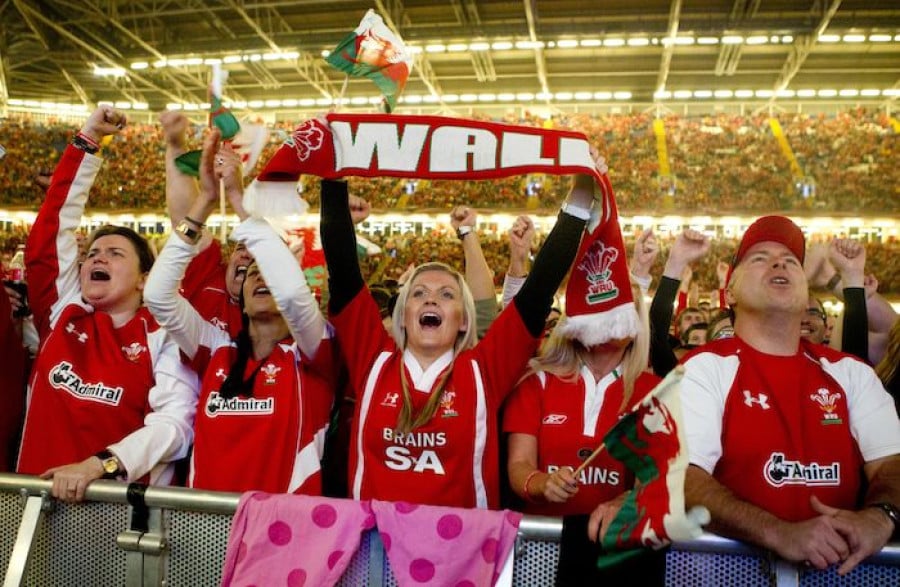The contrast and legal considerations between the position of English and non-English players in Premiership Rugby

In his recent insightful article, `The curious case of George North’, Sam Vitty analysed some of the issues arising from the George North/Northampton Saints case. I want to follow up by looking at matters from a slightly different angle.
Disclosure alert: I advised Saints at the time. Obviously I cannot reveal the content of any specific advice but can refer to the general issues and some underlying legal principles.
A quick recap first. As Sam says, there is a multi-layered approach to release periods for international matches. The starting point is regulation 9.7 of the IRB Regulations, which operates in two ways: it sets out which games are sanctioned in relation to releases, and the period of any release. The next layer is the local one: Premier Rugby League provides that non-English players cannot be released to play for their international team outside of the IRB sanctioned matches and, if any contrary release is permitted, it will be a breach of the code of conduct. The rule is broadly drafted and any breach of it, and its policies, will result in disciplinary sanctions. George North was being transferred by Scarlets to raise money. Throughout the negotiations, he was liaising with the Welsh Rugby Union ("WRU") to ensure he was still able to play for Wales. The WRU insisted on the release provisions contained within Mr North's side letter with Saints. These are exactly the same provisions that are agreed with Welsh players joining French clubs.
As Sam says, there is a contrast between the position of English and non-English players: the RFU compensates Clubs for the release of English players but there is no such agreement in place for non-English players. The RFU have said that they will not select players who are based outside England unless there are 'exceptional circumstances'. Slightly mixed messages have come out on what would happen if a player did not get a release. In 'The Rugby Paper' (17th December 2013), Warren Gatland was reported as saying that he wouldn't begrudge players moving abroad but that they should make sure they get 'full release for international matches'. I suspect that means the same as the English Rule.
Saints agreed to the release. Ultimately, had they not they would have been in a Catch-22 position: on the one hand, if they adhere to the Rule, they would be acting unlawfully under domestic and European law; on the other hand, if they don't adhere to the Rule, they may be subject to disciplinary sanctions or, to avoid it, are effectively unable to sign a non-English "Marquee Player" – which, by itself, would have an unlawful consequence under both domestic and European law. There are three areas to look at.
Restraint of trade
To continue reading or watching login or register here
Already a member? Sign in
Get access to all of the expert analysis and commentary at LawInSport including articles, webinars, conference videos and podcast transcripts. Find out more here.
- Tags: Europe | European Rugby Cup (ERC) | Freedom of Movement | Premiership Rugby | Rugby | United Kingdom (UK)
Related Articles
- Anelka - a matter of trust and confidence?
- The curious case of George North part 1 - global release periods and Premier Rugby policy
- The curious case of George North part 2 - player power and terms of contracts
- Relating to the fans
Written by
Damian Brown QC
Damian Brown QC is a Barrister at Littleton Chambers specialising in sports and regulatory law. He regularly appears for clubs, players and managers in sports disputes in a variety of fora.




